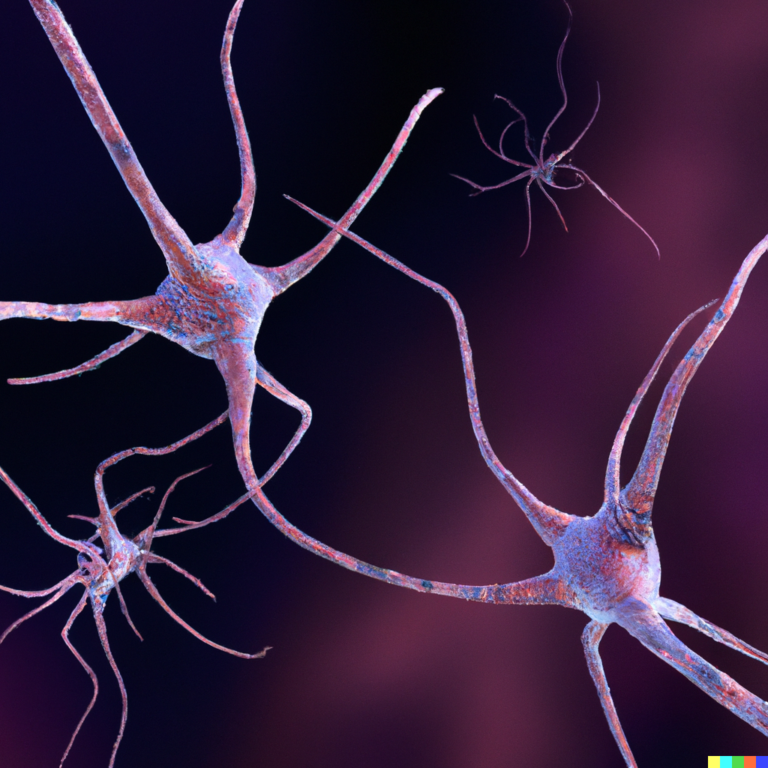CT scans are sometimes used to monitor brain changes related to dementia after heart surgery, but they are not the primary or most sensitive tool for this purpose. Instead, CT scans mainly help detect structural brain abnormalities such as strokes, bleeding, or fluid buildup that might contribute to cognitive decline following surgery.
After heart surgery, especially procedures involving the heart and blood vessels, patients can be at risk for cognitive problems including forms of dementia like vascular dementia. This type of dementia arises when blood flow to parts of the brain is reduced or blocked, causing brain cells to die. Since heart surgery can affect blood circulation, monitoring brain health is important. CT scans can reveal evidence of strokes or other vascular damage that might explain or predict cognitive issues after surgery.
However, CT scans provide mostly structural images and are less sensitive than other imaging techniques like MRI or specialized brain scans for detecting early or subtle dementia-related changes. MRI scans, for example, offer more detailed images of brain tissue and can identify small vessel disease or microinfarcts that contribute to vascular cognitive impairment. Newer imaging methods such as PET/CT scans or advanced MRI techniques can even detect biochemical changes or abnormal protein accumulations linked to Alzheimer’s disease and other dementias, which CT scans cannot.
In clinical practice, CT scans are often used initially to rule out acute problems such as stroke or bleeding in patients showing cognitive decline after heart surgery. If dementia is suspected, doctors may recommend further testing with MRI or PET scans to better characterize the type and extent of brain changes. Additionally, laboratory tests and clinical assessments complement imaging to provide a full picture of cognitive health.
It is also important to note that routine CT scanning of the heart itself after certain cardiac procedures is generally not recommended unless specific symptoms or complications arise. The focus for dementia monitoring is on brain imaging rather than repeated heart CT scans.
In summary, while CT scans have a role in detecting brain injuries that might cause or worsen dementia after heart surgery, they are not the most comprehensive tool for monitoring dementia progression. More advanced imaging techniques and clinical evaluations are typically needed to assess and follow cognitive changes in these patients.





